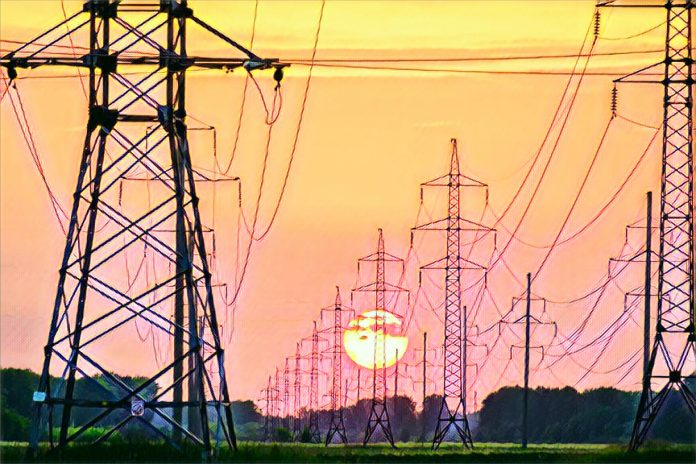The Nigerian Electricity Regulatory Commission (NERC) has introduced a new electricity tariff structure for customers in Lagos State, significantly impacting those in the Band A category. This new tariff plan, aimed at addressing the country’s persistent power challenges and enhancing electricity supply, sees customers in Band A now subjected to a substantial increase in their electricity costs, with rates rising from N66 to N225 per kilowatt-hour (KW/h).
The revised pricing scheme categorizes consumers into various bands based on the duration of electricity supply they receive daily. Band A customers, poised to benefit the most, are guaranteed 20–24 hours of electricity supply each day. This is a marked improvement aimed at fostering economic growth and improving the quality of life for residents in these areas. Other bands, descending from B to E, will experience a tiered decrease in the number of hours of electricity supplied daily, correlating with a gradual reduction in tariff costs.
Here are the specific areas in Lagos under the Band A classification set to enjoy this enhanced power supply:
– Abule Egba and Iju areas, including Water Works Compound and parts of Obawole.
– Akowonjo, including Coker Estate, Hilltop Estate, and various parts within Alimosho.
– IKEJA, covering Oduduwa, Ikorodu Road, Awuse, Ojodu, and several prestigious estates.
– Ikorodu’s Odokekere, catering to numerous communities and industrial estates.
– Oshodi, with the Lagos Homes Estate and areas around Canal.
– Shomolu, encompassing Emmanuel Keshi, Shangisha, and the vibrant market areas.
– Various sections of Ilupeju, including the bypass area, Palmgrove Estate, and significant industrial zones.
This tariff increase is a strategic move by NERC, intending to reflect the true cost of electricity generation and supply, while also incentivizing the power distribution companies to improve their services. The decision underscores the government’s commitment to reforming the energy sector, ensuring more reliable electricity for economic activities, and reducing the reliance on alternative, often more expensive and polluting, sources of power.
The Band A classification specifically targets areas with relatively stable power supply, aiming to further bolster their economic activities by providing almost uninterrupted electricity. This move is also expected to gradually uplift the service quality in other bands, as improved revenue streams enable distribution companies to invest in infrastructure and maintenance.
While this adjustment presents a significant shift in the cost of electricity for many Lagos residents, it reflects a broader effort to modernize the energy sector. By implementing a more equitable tariff system that matches supply with payment, the NERC aims to foster a more efficient and sustainable electricity market. This strategy is vital for Nigeria’s long-term economic development, addressing the critical challenge of energy security and paving the way for a more prosperous future.



